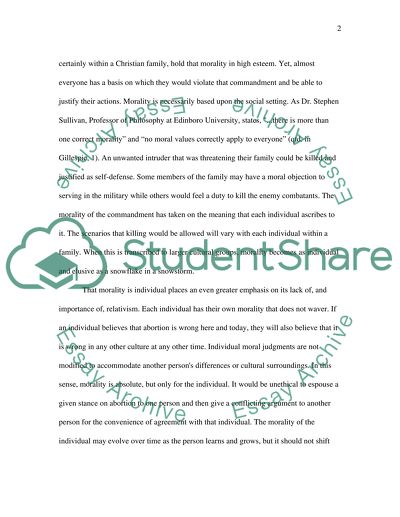Cite this document
(“Moral Theory Essay Example | Topics and Well Written Essays - 1000 words”, n.d.)
Moral Theory Essay Example | Topics and Well Written Essays - 1000 words. Retrieved from https://studentshare.org/psychology/1503475-moral-theory
Moral Theory Essay Example | Topics and Well Written Essays - 1000 words. Retrieved from https://studentshare.org/psychology/1503475-moral-theory
(Moral Theory Essay Example | Topics and Well Written Essays - 1000 Words)
Moral Theory Essay Example | Topics and Well Written Essays - 1000 Words. https://studentshare.org/psychology/1503475-moral-theory.
Moral Theory Essay Example | Topics and Well Written Essays - 1000 Words. https://studentshare.org/psychology/1503475-moral-theory.
“Moral Theory Essay Example | Topics and Well Written Essays - 1000 Words”, n.d. https://studentshare.org/psychology/1503475-moral-theory.


